Increased water consumption and urine production in our cats are signs that should not be taken lightly... A cat that drinks and urinates more than usual may suffer from kidney failure or diabetes. Don't hesitate to measure the amount of water your cat consumes to determine its actual intake, which should guide you.
What is the average water consumption of our cats?
Over the course of a day, our cats generally consume between 30 and 50 ml of water per kg of body weight. For example, an adult European-type cat weighing 4.5 kg will consume between 135 and 225 ml of water per day.
You can also calculate the amount of water consumed as follows: for every 10 grams of dry food eaten, your cat will drink about 20 to 30 ml of water. It will drink less water if it eats only wet food, which provides higher hydration.
A cat urinates about half of the water it consumes. If fed with dry food, it will eliminate between 10 and 15 ml of urine per kg of body weight. If fed with wet food, it will urinate about two-thirds of the consumed water, producing between 15 and 20 ml of urine per kg of body weight.
These values can vary depending on several factors, including the composition of the food you provide. For example, the fiber content in food increases water loss through feces, and the salt content can increase both water consumption and urine output, thus affecting urine volume.
If you have not changed your cat's diet but still notice it drinks from its bowl or even the tap and urinates more, try to measure this change to provide the information to your veterinarian.
Note that sometimes a cat may not drink or drink less. In this case, do not hesitate to read our article on the subject.
How to measure the amount of water my cat consumes?
First, isolate your little companion from other pets in the house. If possible, try to set up a separate room or place the water bowl in a high place.
Using a measuring cup or a scale, measure the amount of water before putting the bowl down and after a certain time. By calculating the difference, you will obtain the precise amount of water consumed.
If you feed your cat wet food, you can weigh the amount of food consumed over 24 hours. Don't forget to weigh what you give and subtract what remains in the bowl for the most accurate result. Note or photograph the water content on the food label (% moisture), as this may be useful for your veterinarian.

My cat drinks more water than usual, is it serious?
Some signs must be taken seriously and prompt you to consult a veterinarian quickly because the health of our little companions cannot wait! Recognizing the signs of illness can save time and improve treatment effectiveness.
Diabetes
If your cat's thirst increases, the amount of urine will increase accordingly, it may be diabetes.
A single blood test is not enough to diagnose diabetes, especially if blood glucose is not very high. Multiple samples will be needed by your vet after 12 hours of fasting, as blood glucose rises after meals. This will determine whether your cat has diabetes or not.
Diabetes mellitus is a chronic condition that may result from either a genetic insulin production deficiency (called type I diabetes), or a relative insulin secretion defect combined with progressive insulin resistance (called type II diabetes). Unlike dogs, type II diabetes is most common in cats, accounting for 80% of cases.
It is possible to prevent diabetes in your companion. Overweight and obesity strongly favor diabetes in cats, so a quality, low-calorie, carbohydrate-poor diet (especially low in starch) that meets their nutritional needs and satiates them is preferred. You should favor wet food or homemade rations, which are less calorie-dense than dry food for the same weight. It strongly contributes to satiety while providing necessary hydration.
Kidney failure
If your cat urinates more frequently, causing water loss, its body must compensate, so your cat will tend to drink more water. In this case, it may be a kidney disease.
Through blood and urine tests, your vet can establish a diagnosis and adjust treatment accordingly if kidney failure is confirmed.
As with diabetes, diet plays an essential role in preventing kidney failure. Avoid giving low-quality food or table scraps. Contrary to some beliefs, excessive protein intake does not cause kidney failure in cats. The element to limit is rather phosphorus. If chronic kidney failure is diagnosed, a specific diet designed for cats with this condition must be implemented.
In any case, it is essential to regularly observe your little companion to detect any symptoms of potential illness. Do not hesitate to call or consult your veterinarian if you have any doubts or notice unusual behavior in your cat.


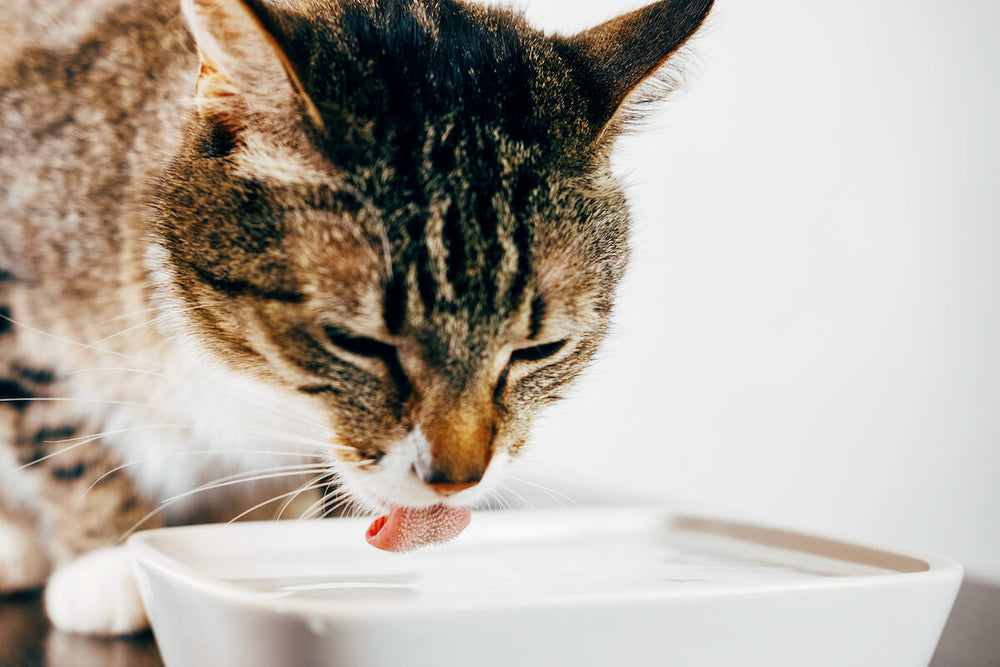
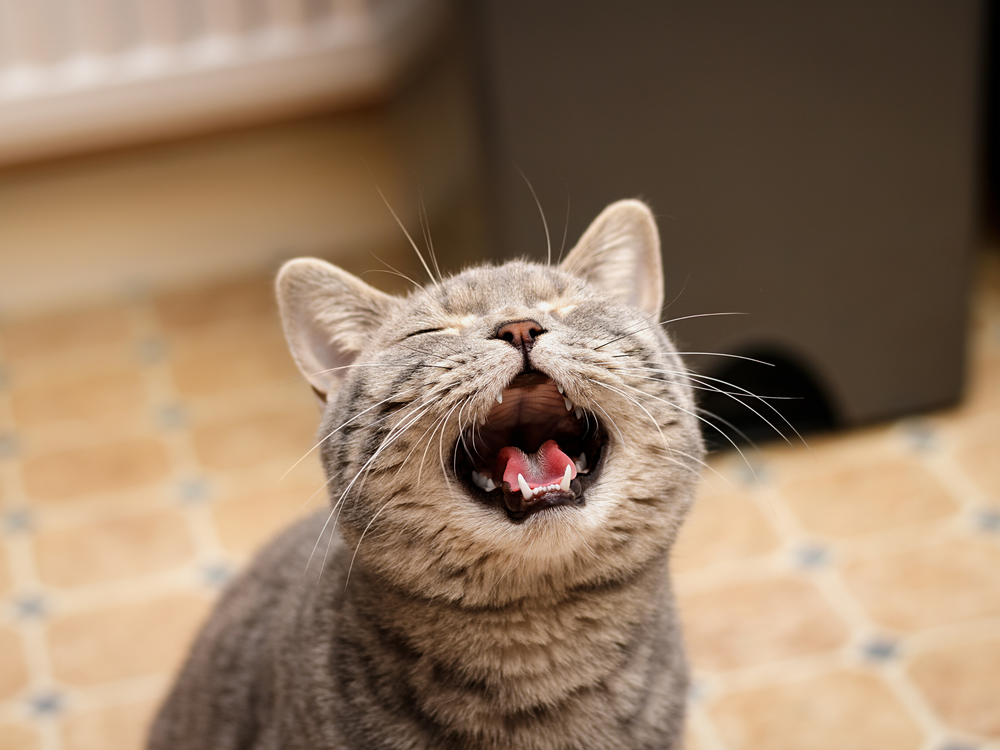
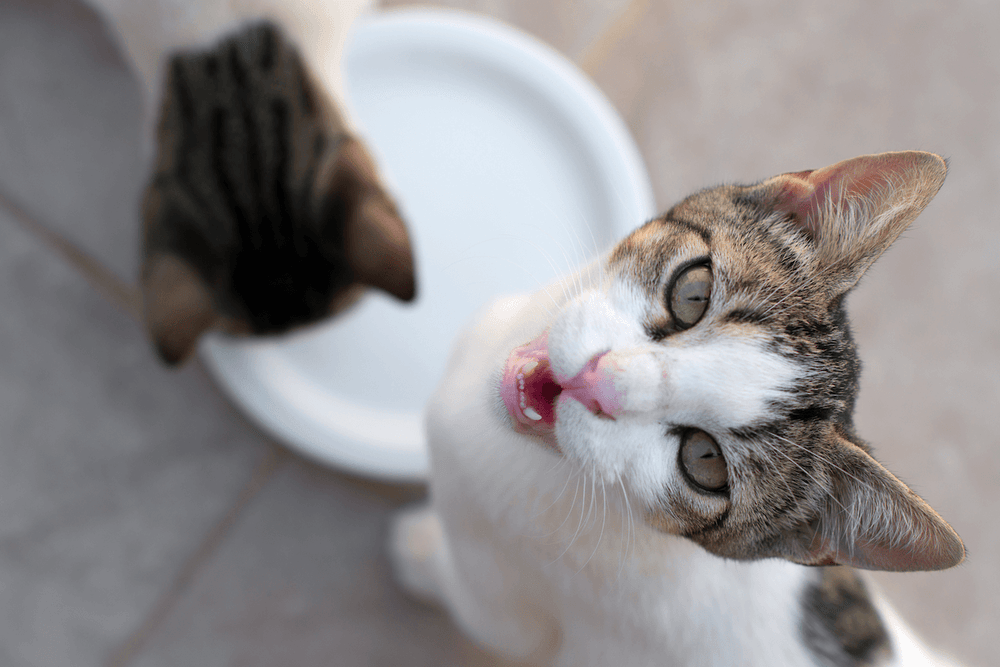
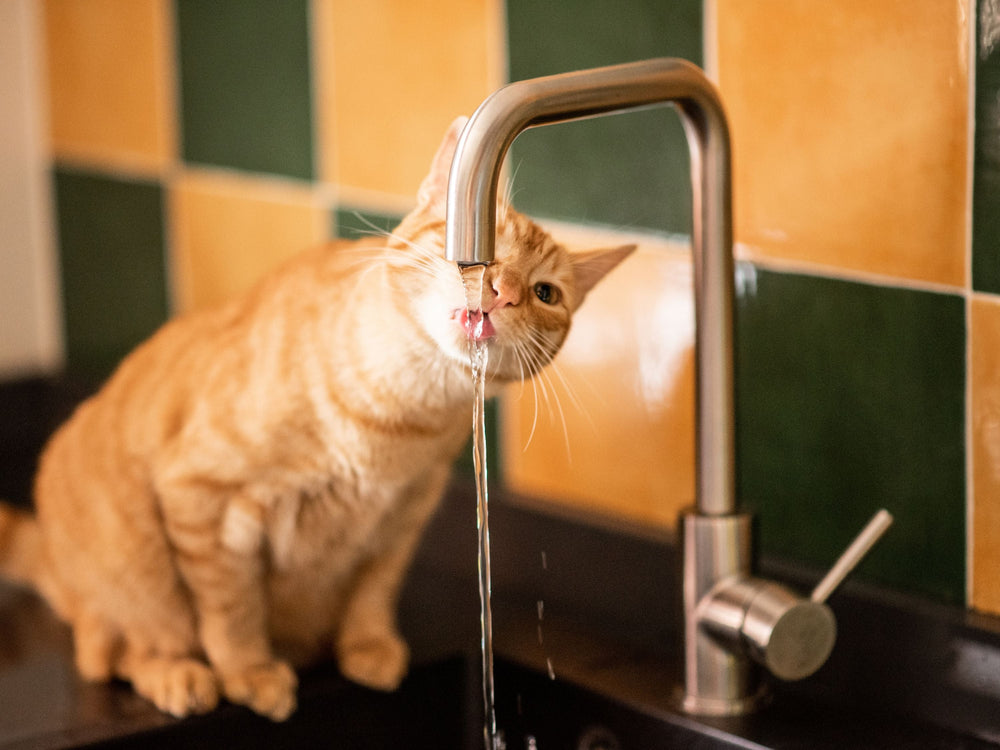
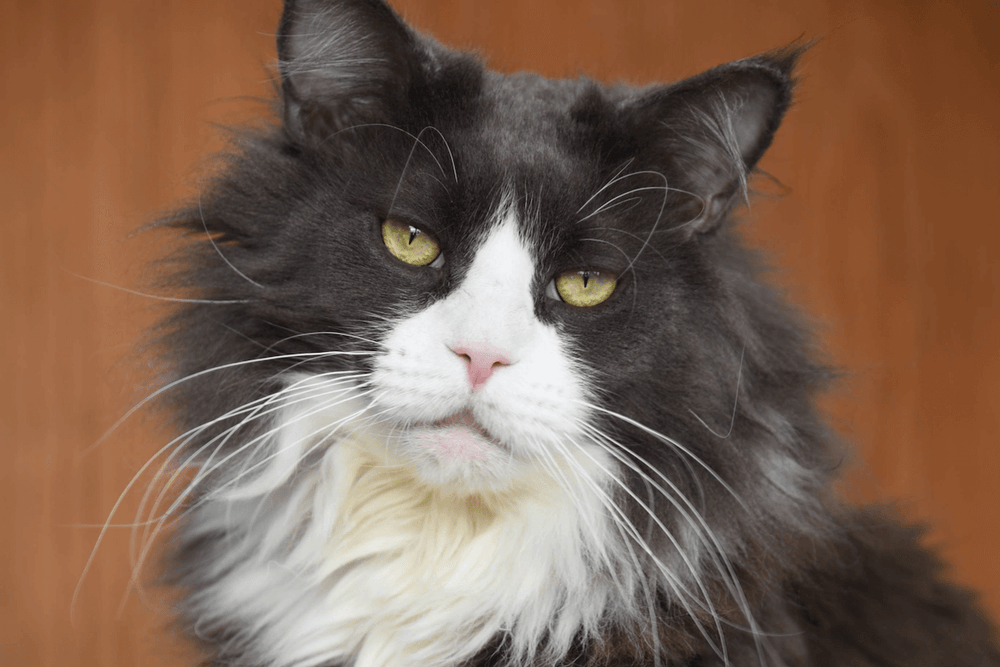
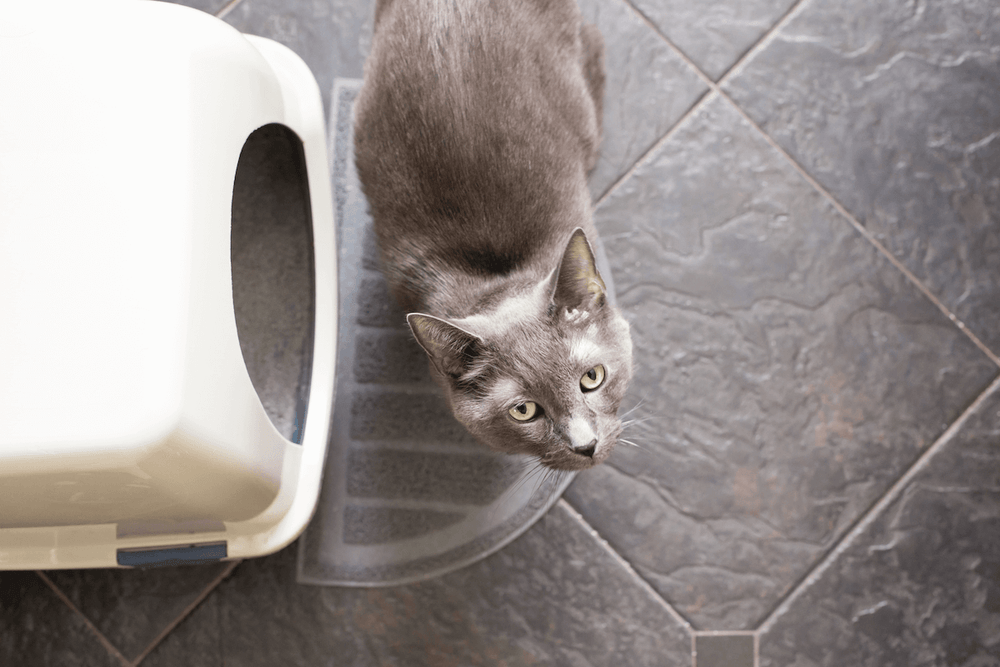
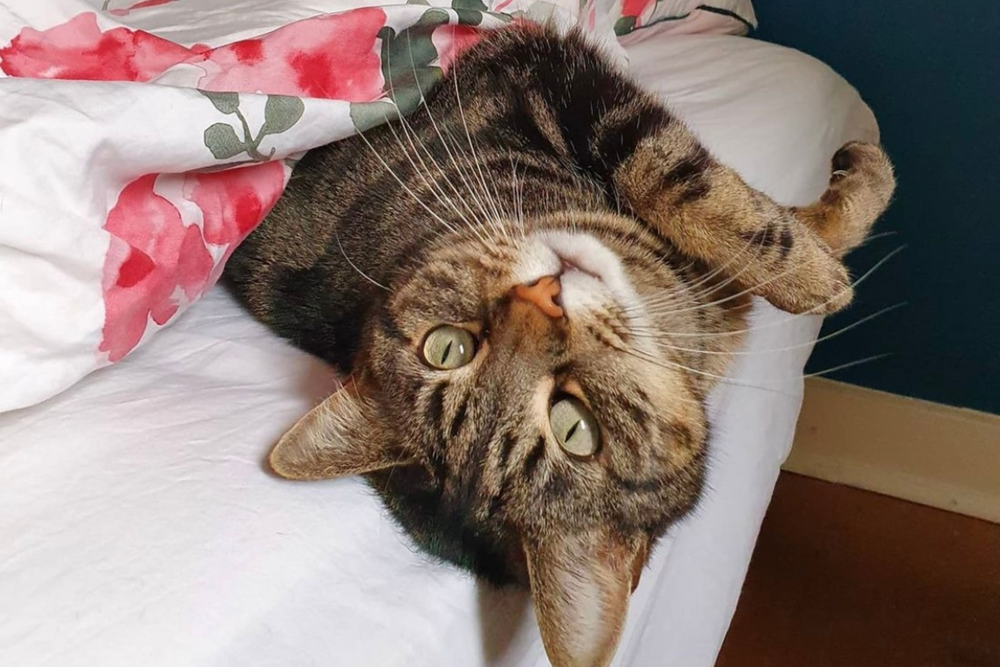
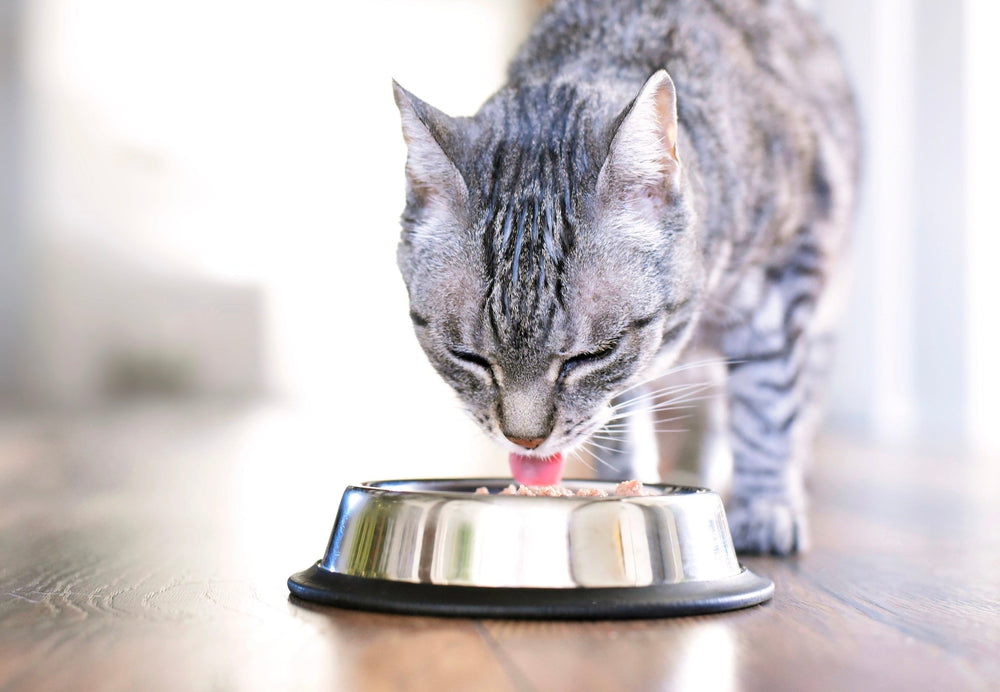
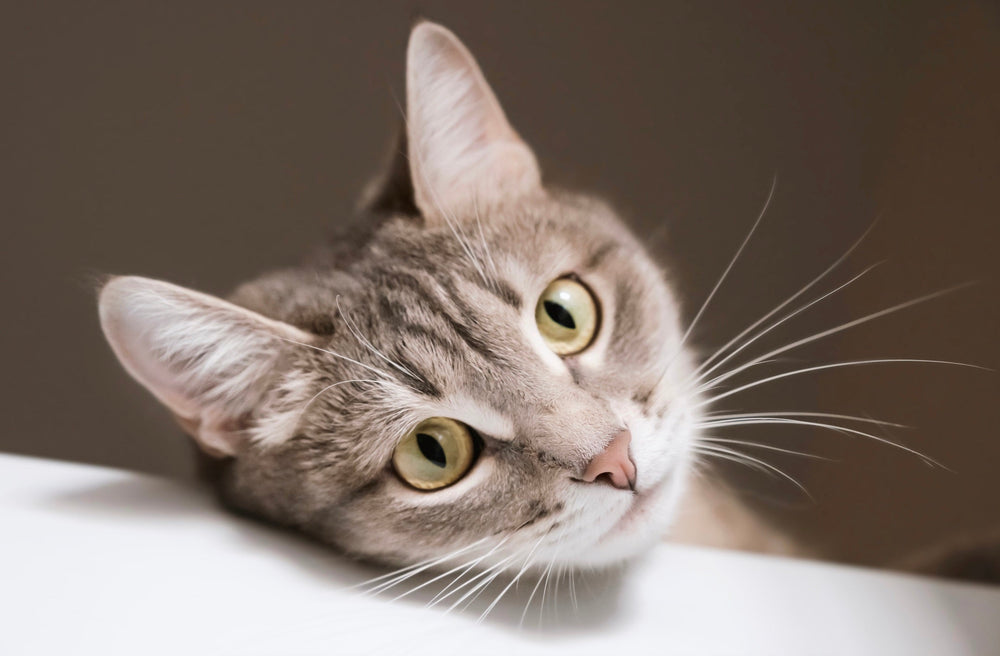
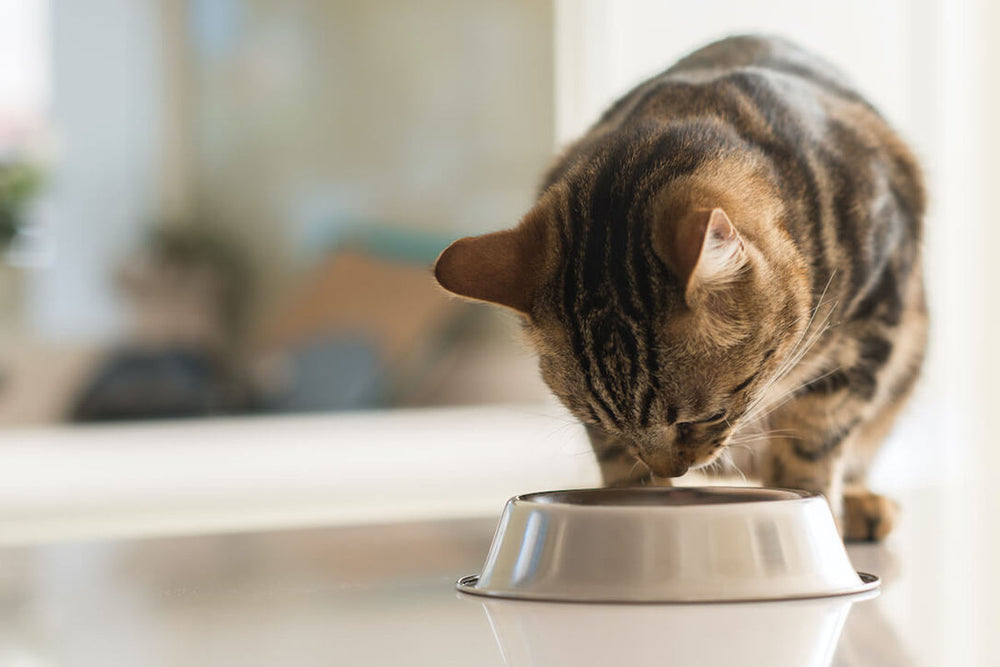
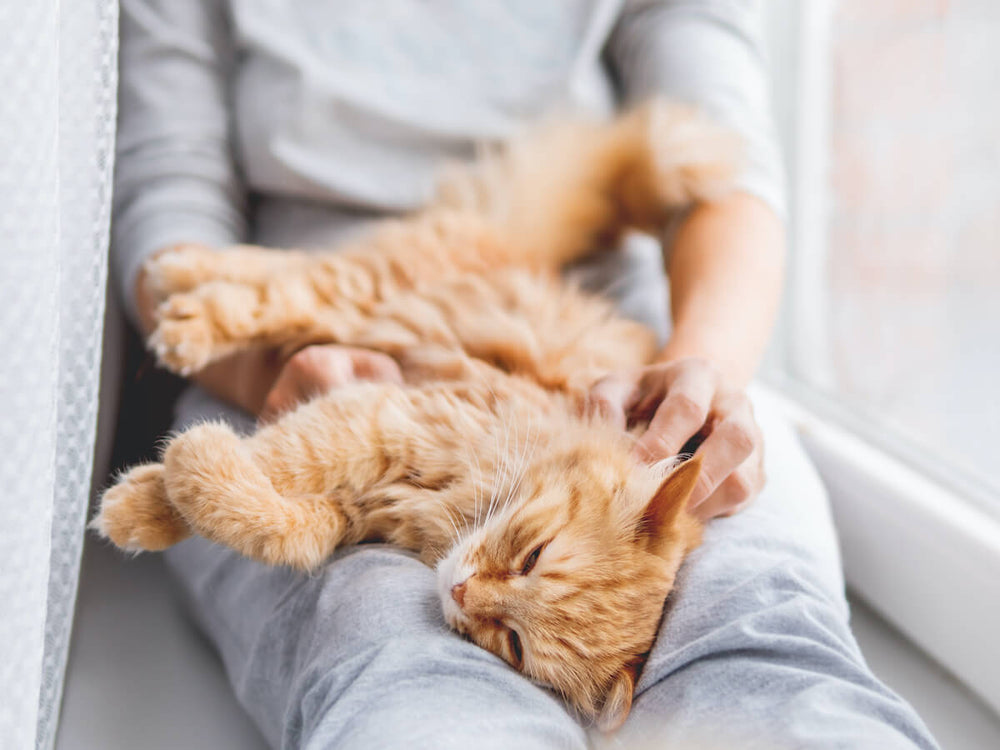
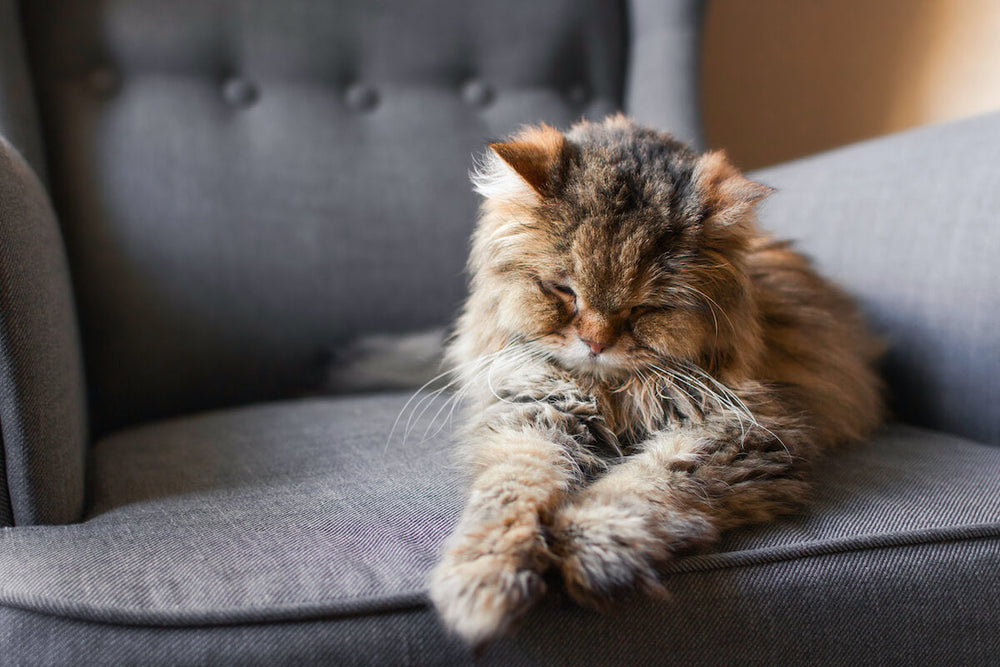
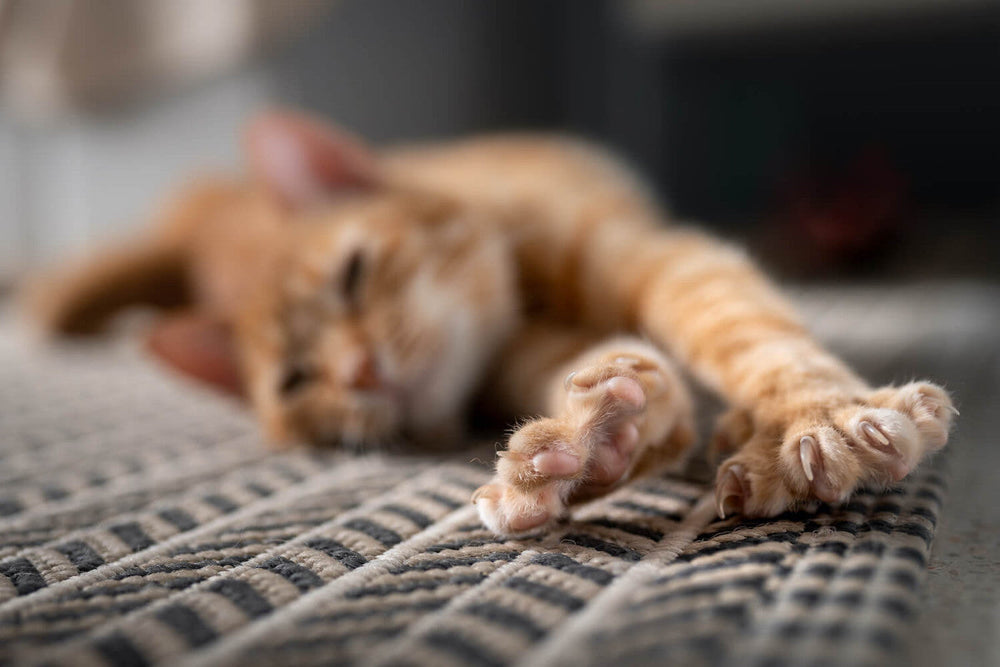
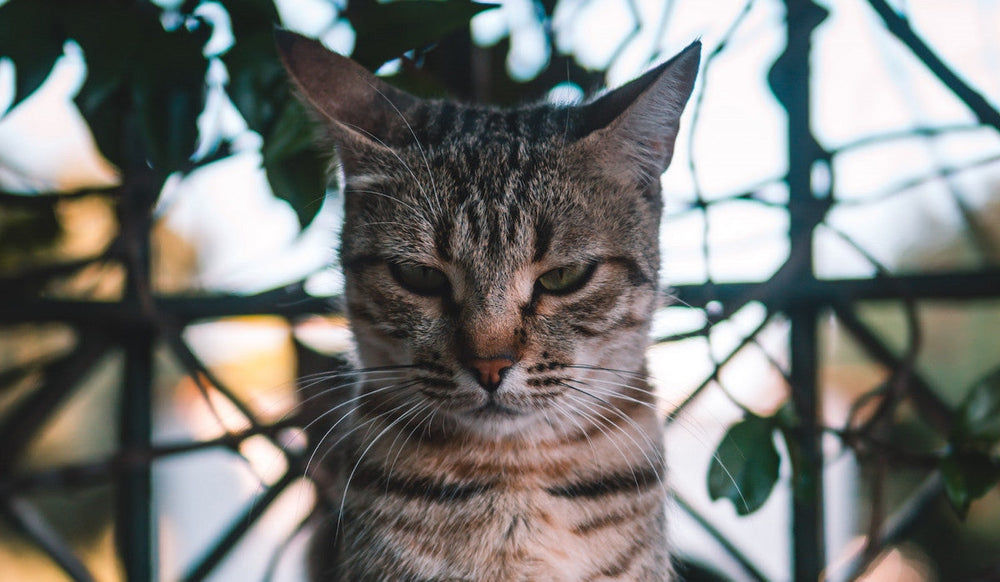
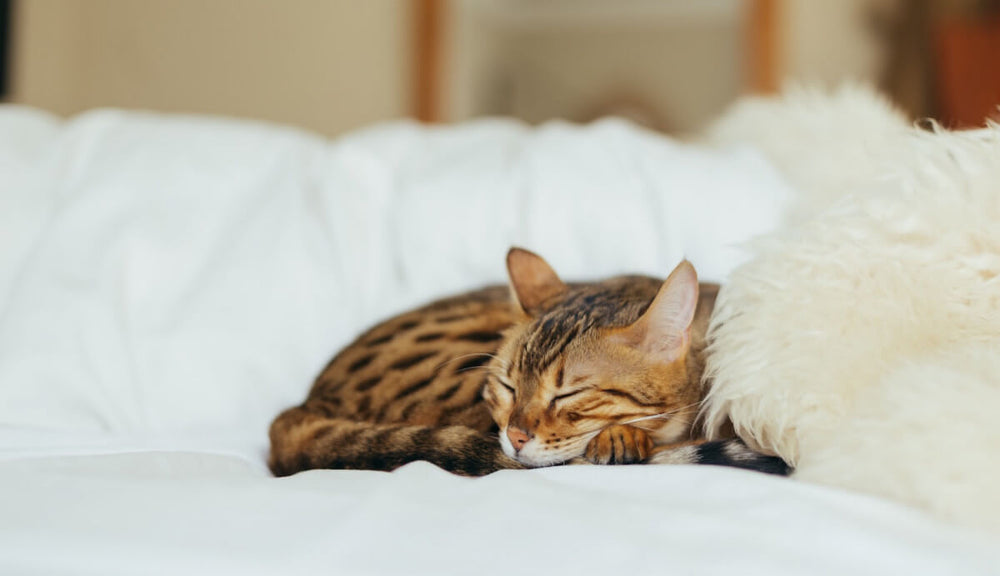
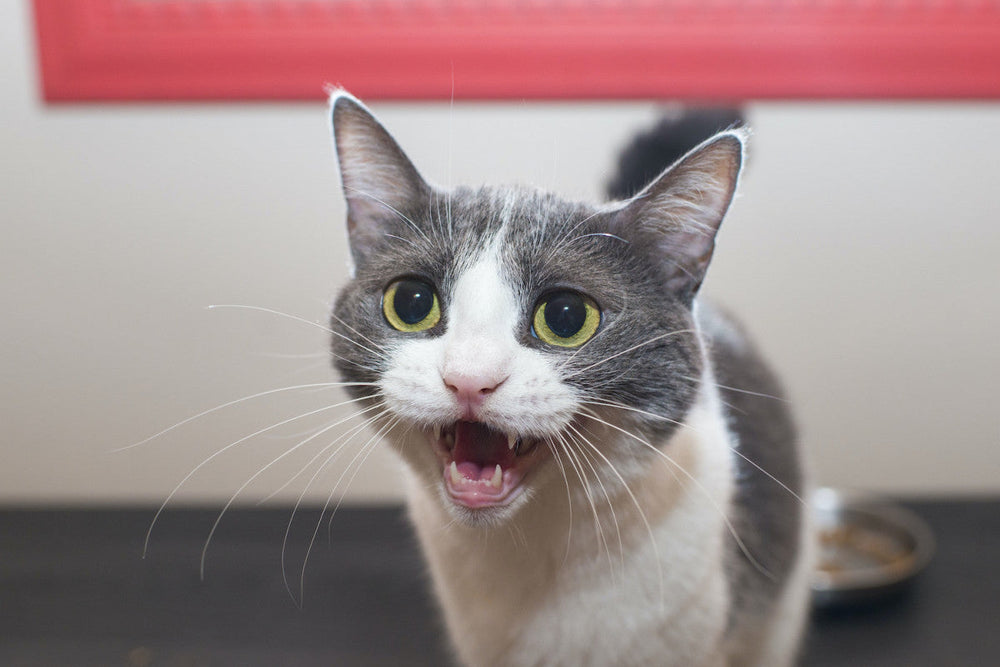
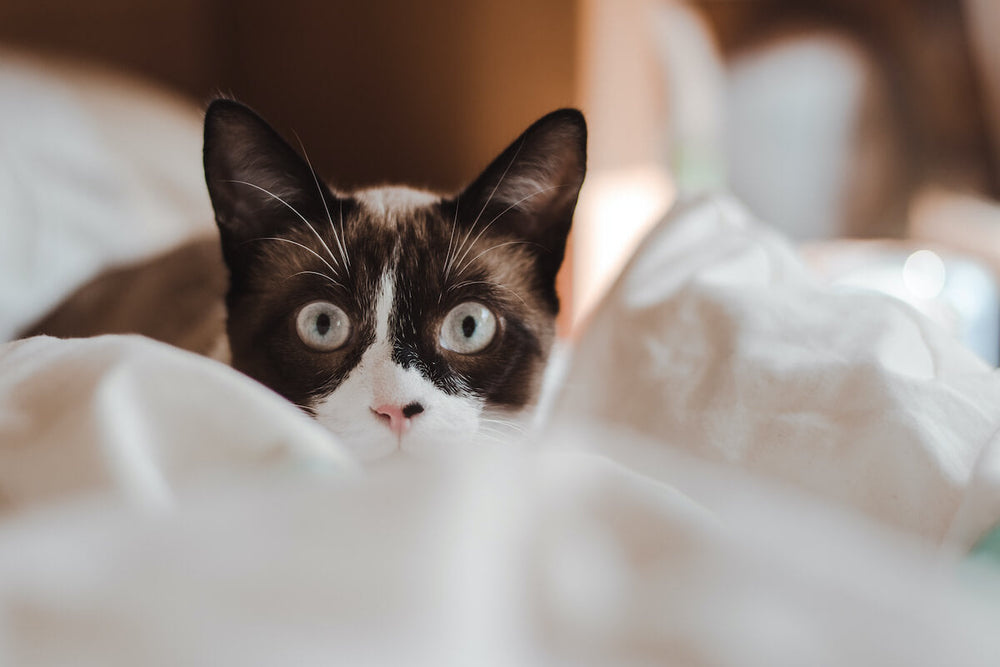
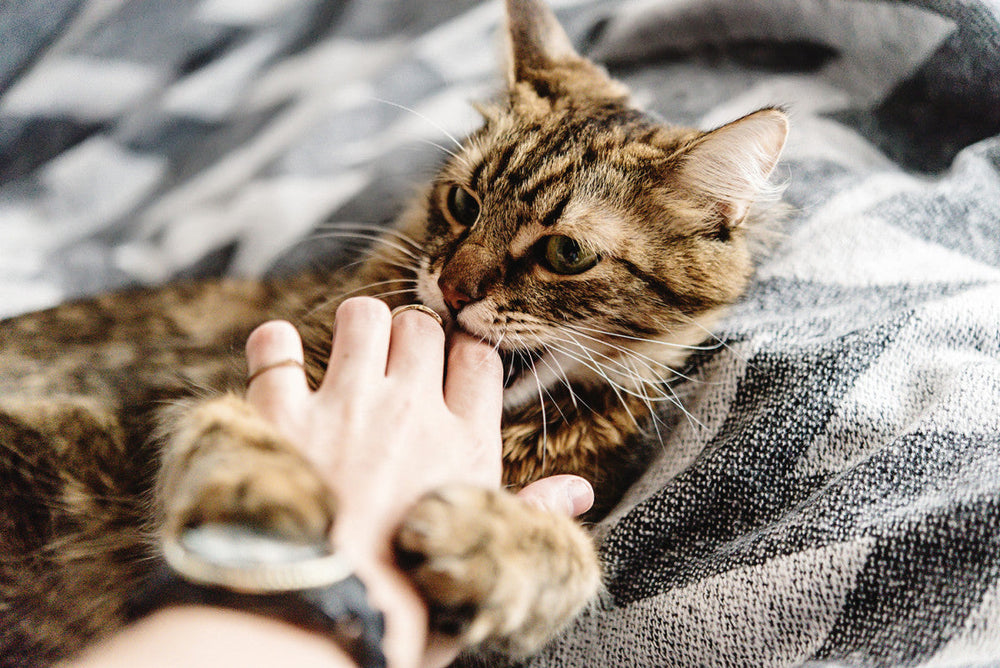
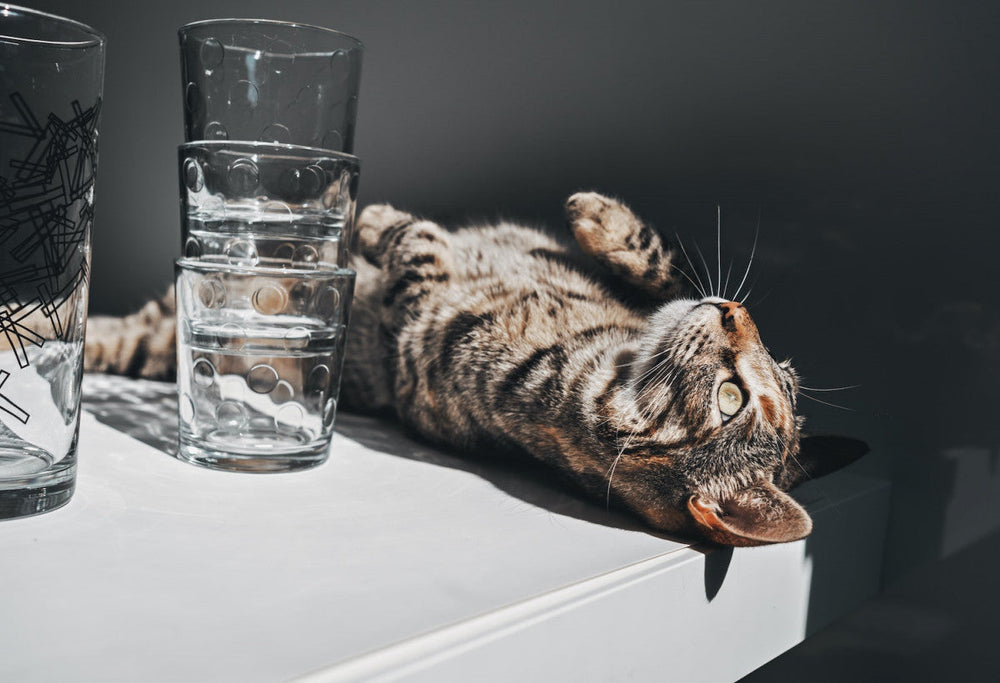
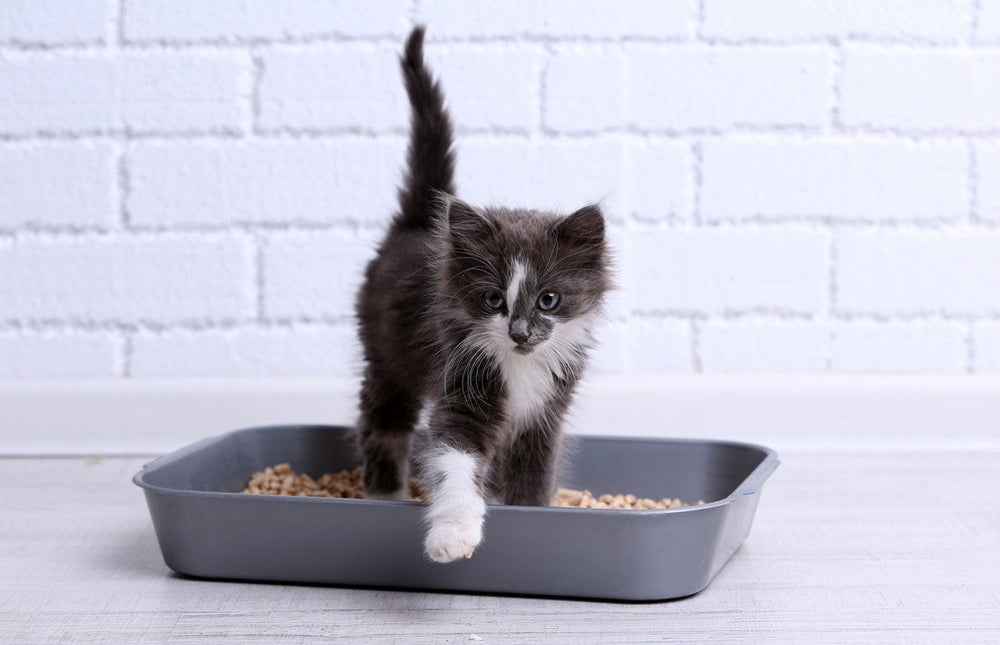
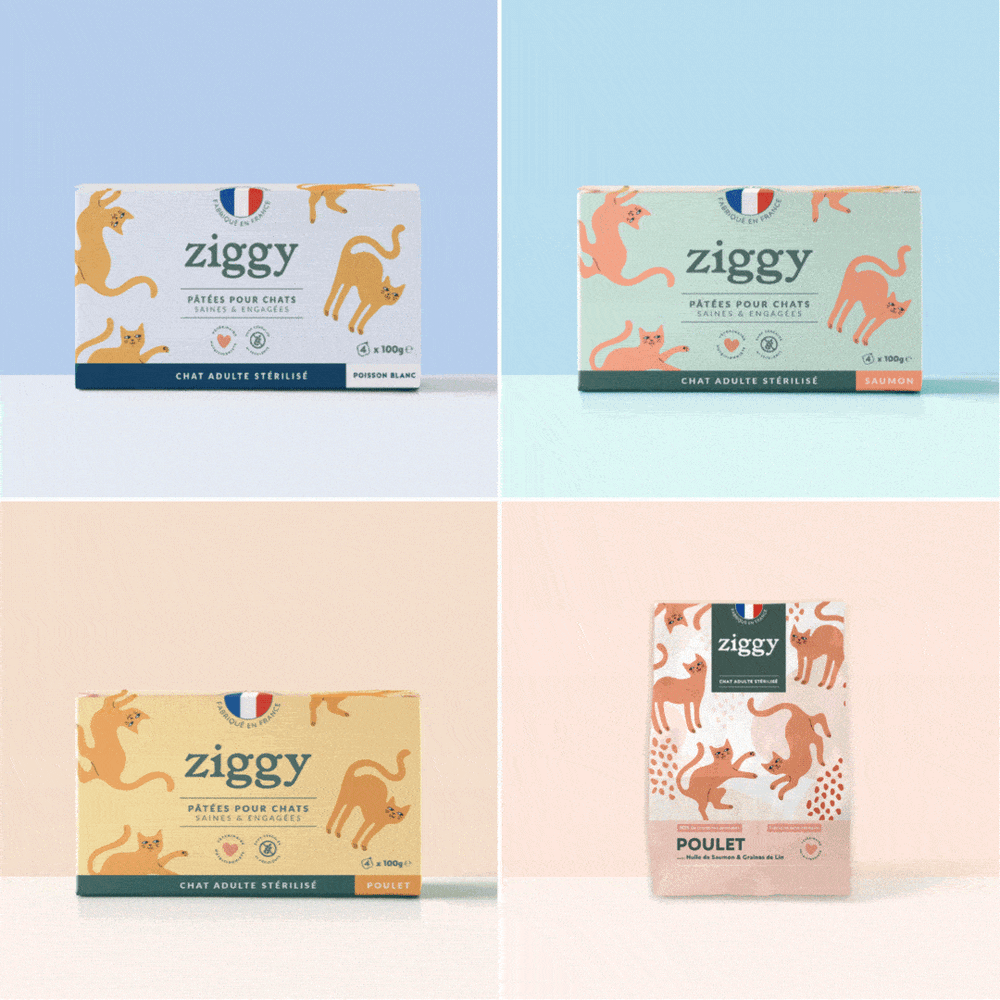
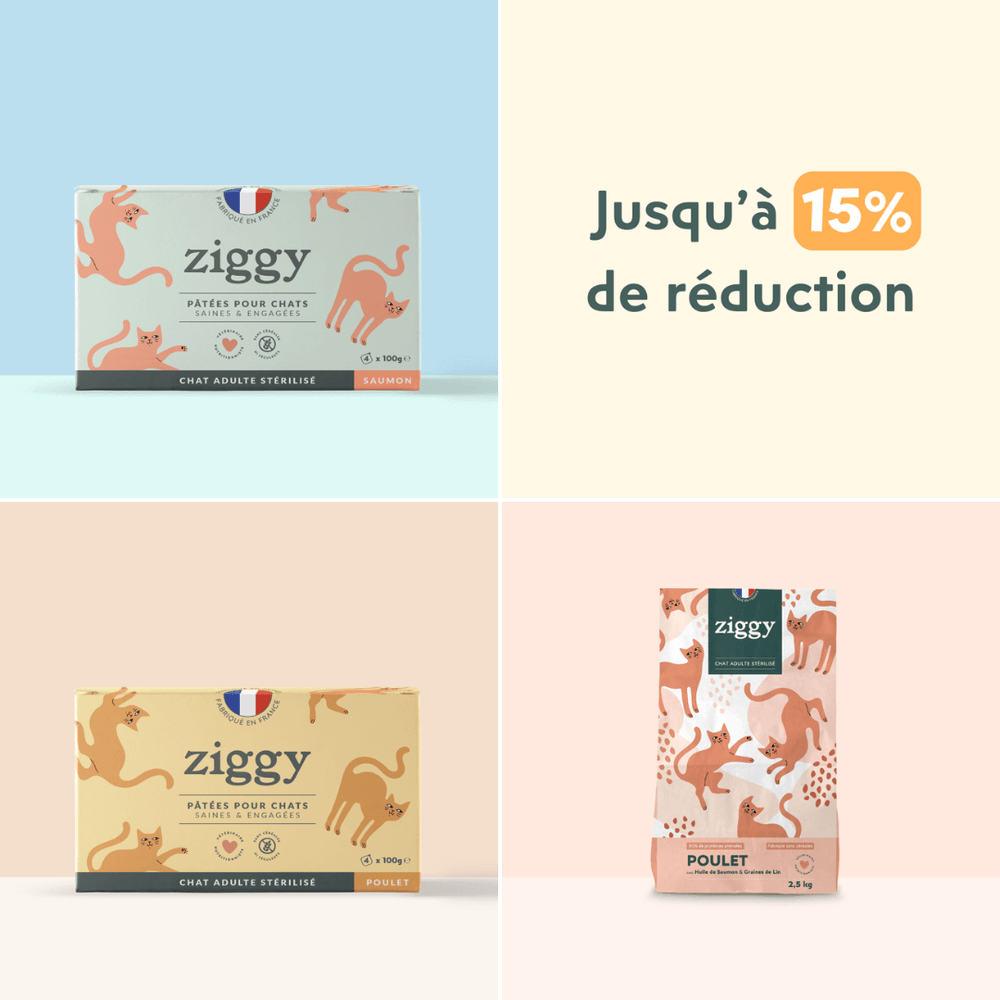
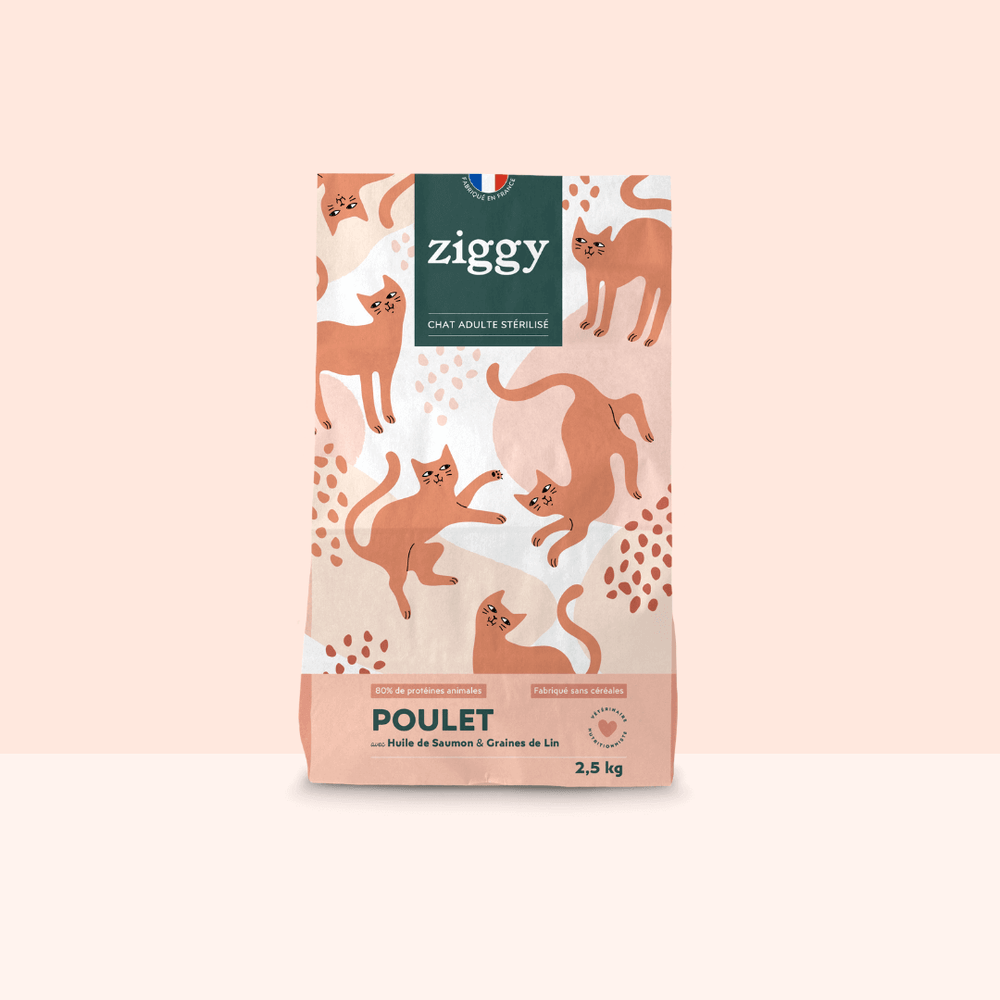
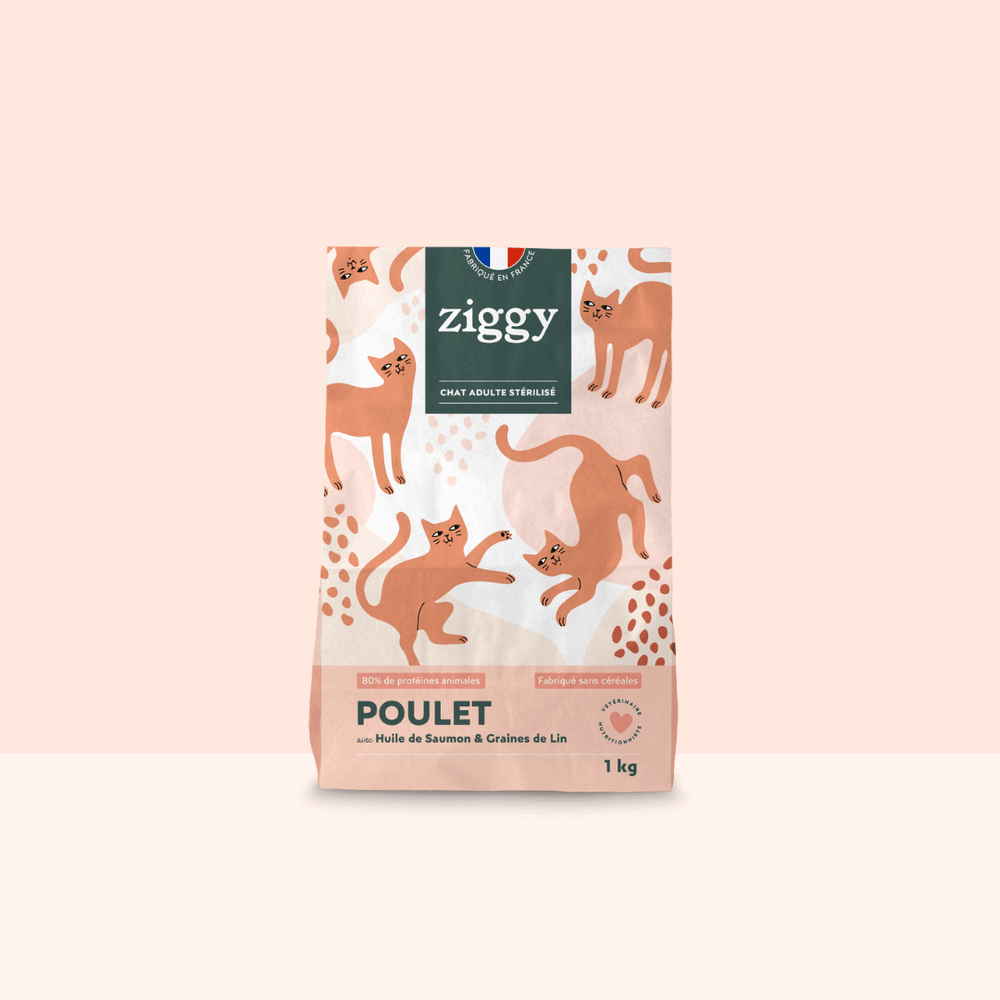
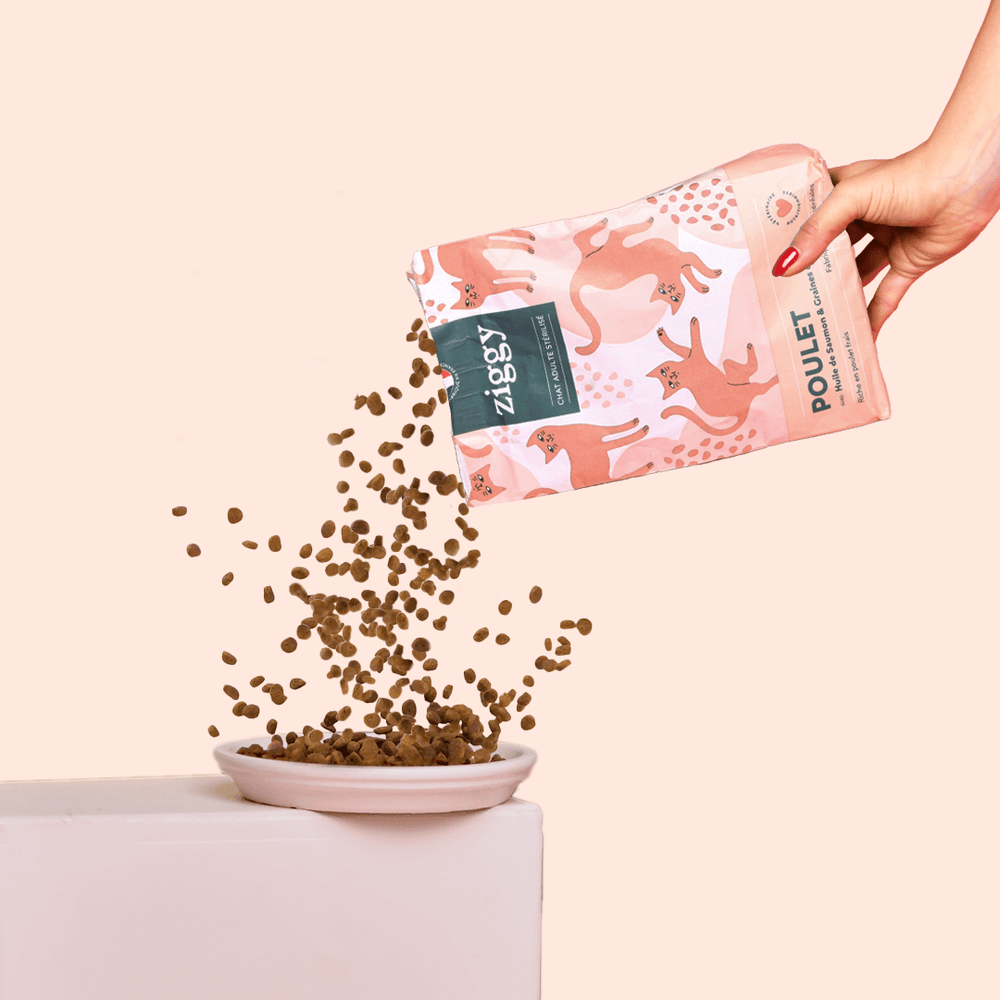
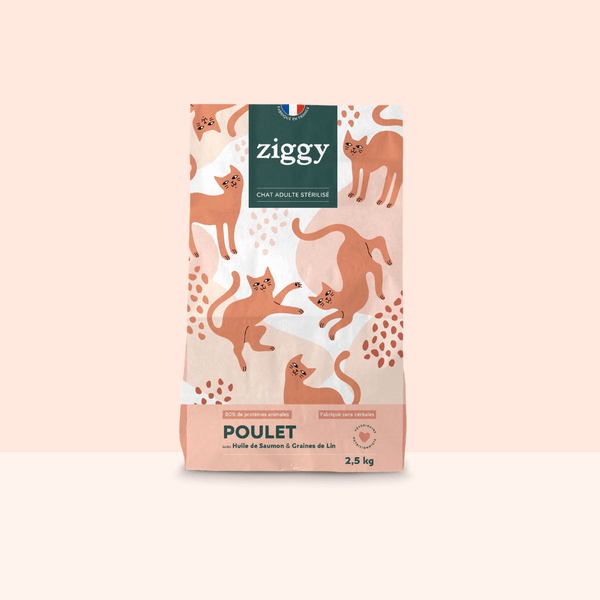
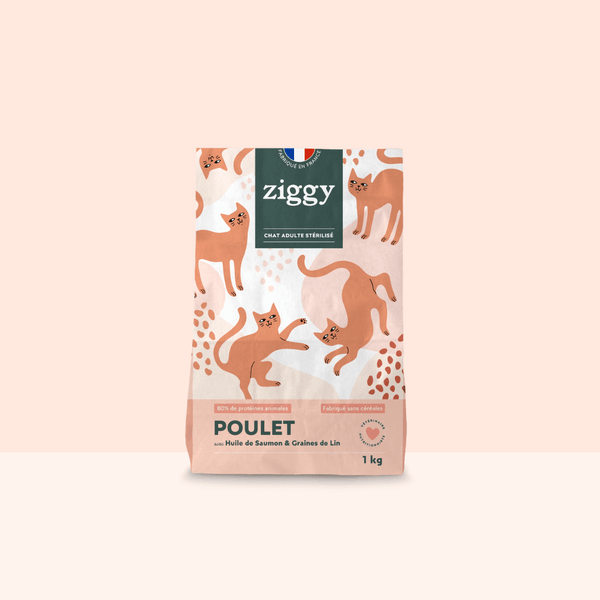
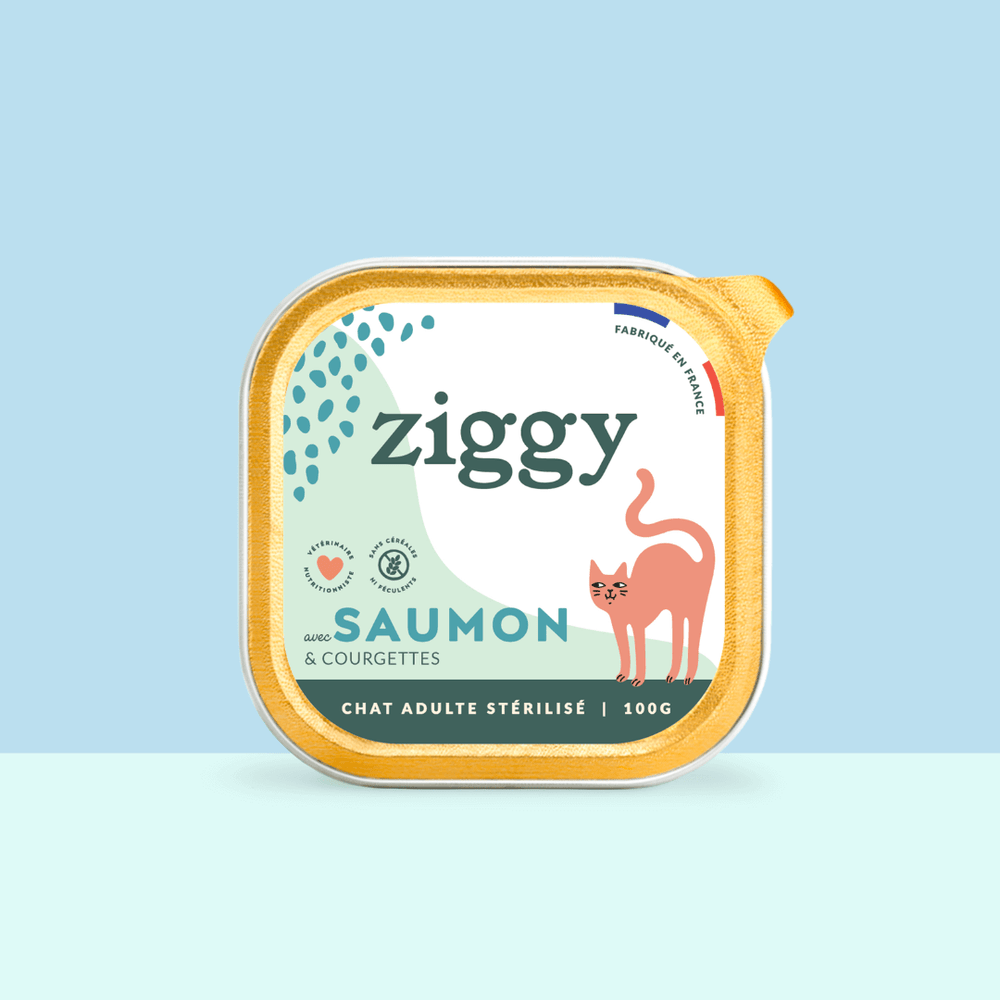
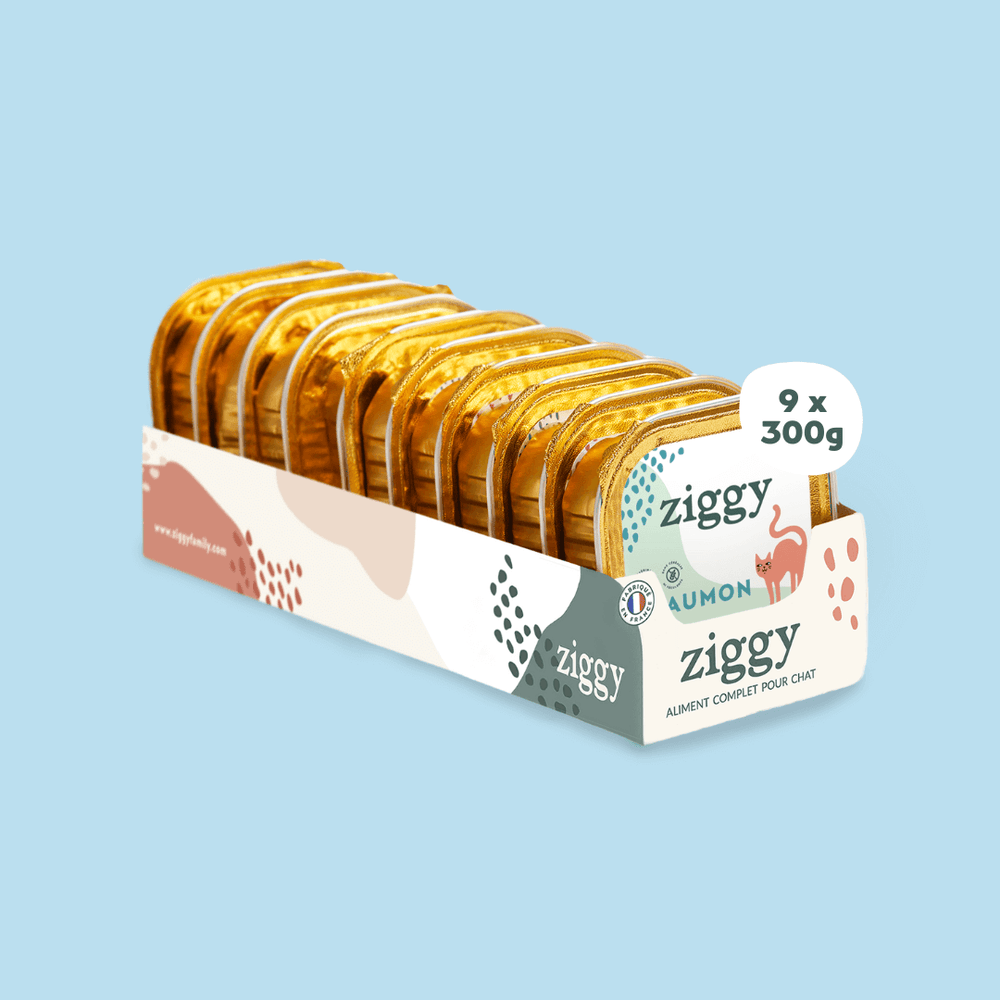
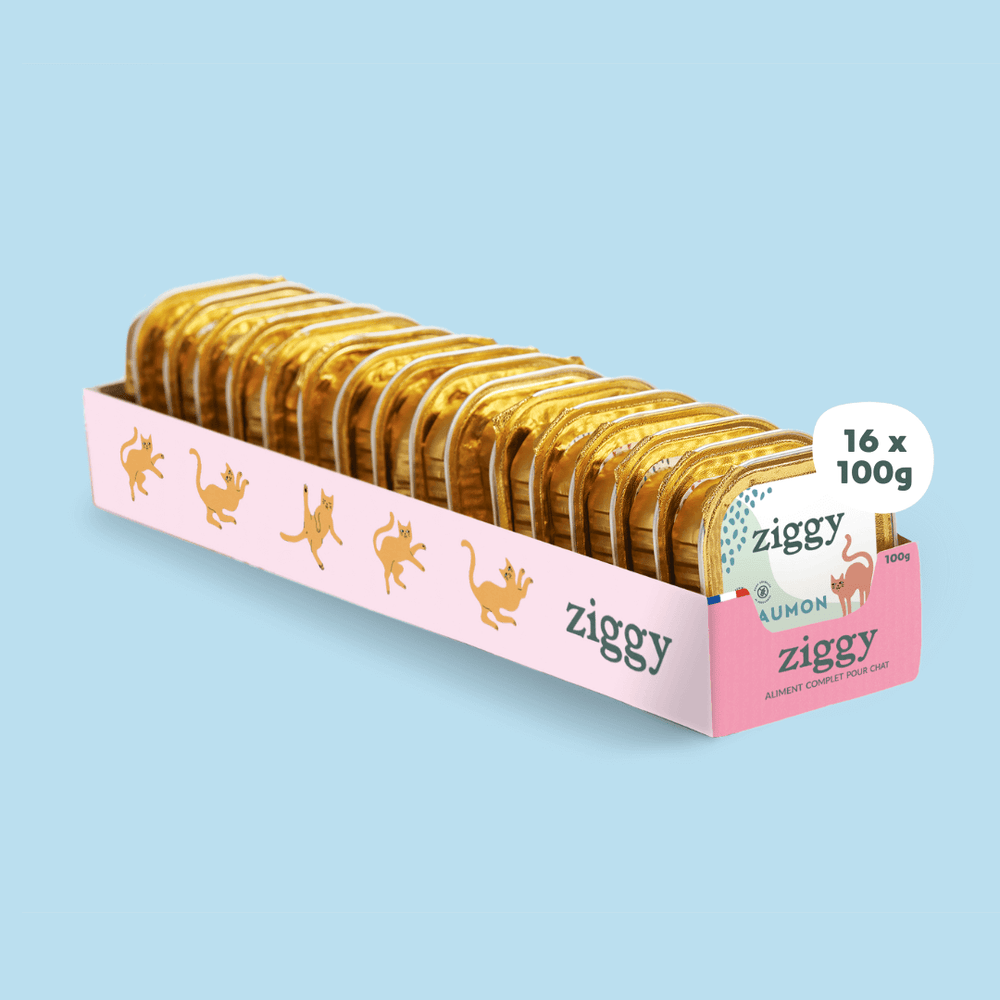
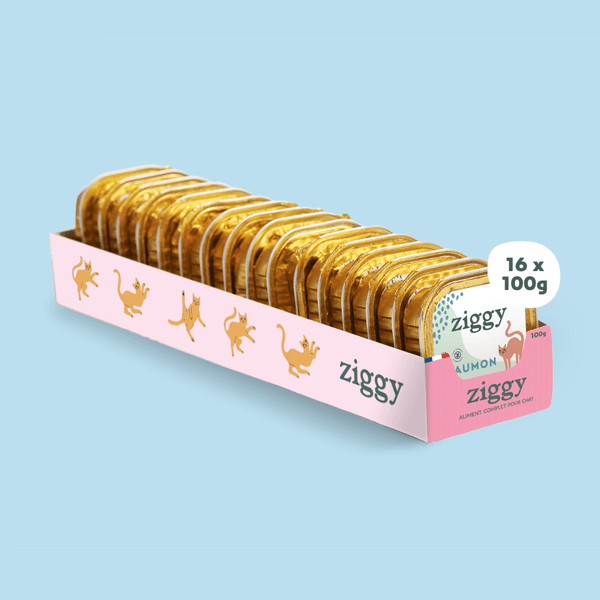
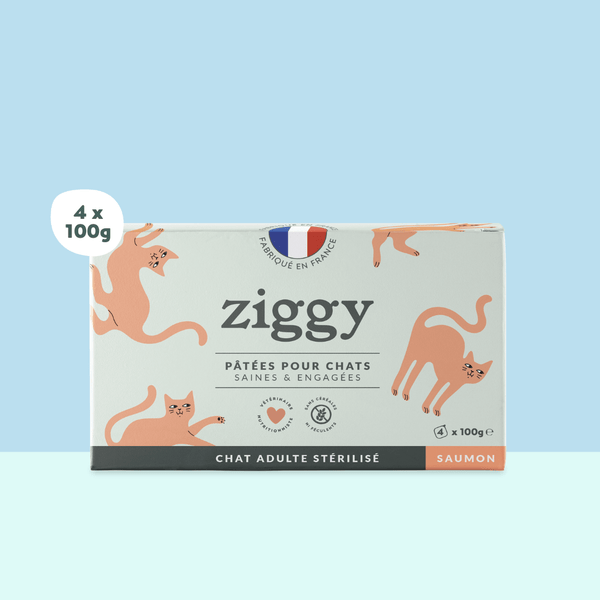
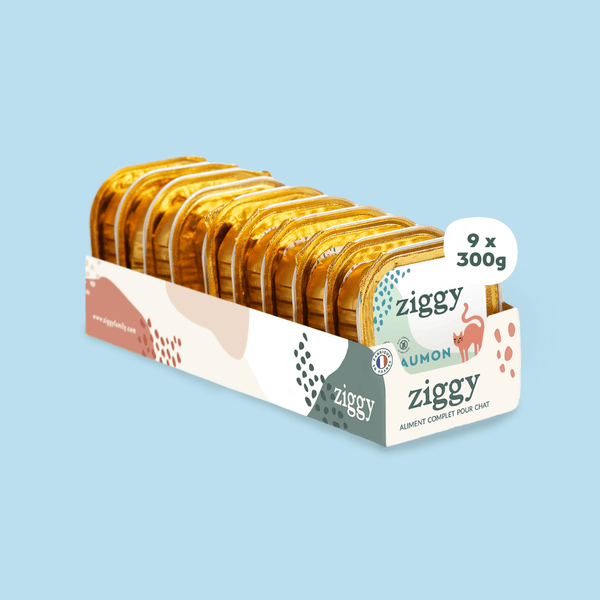
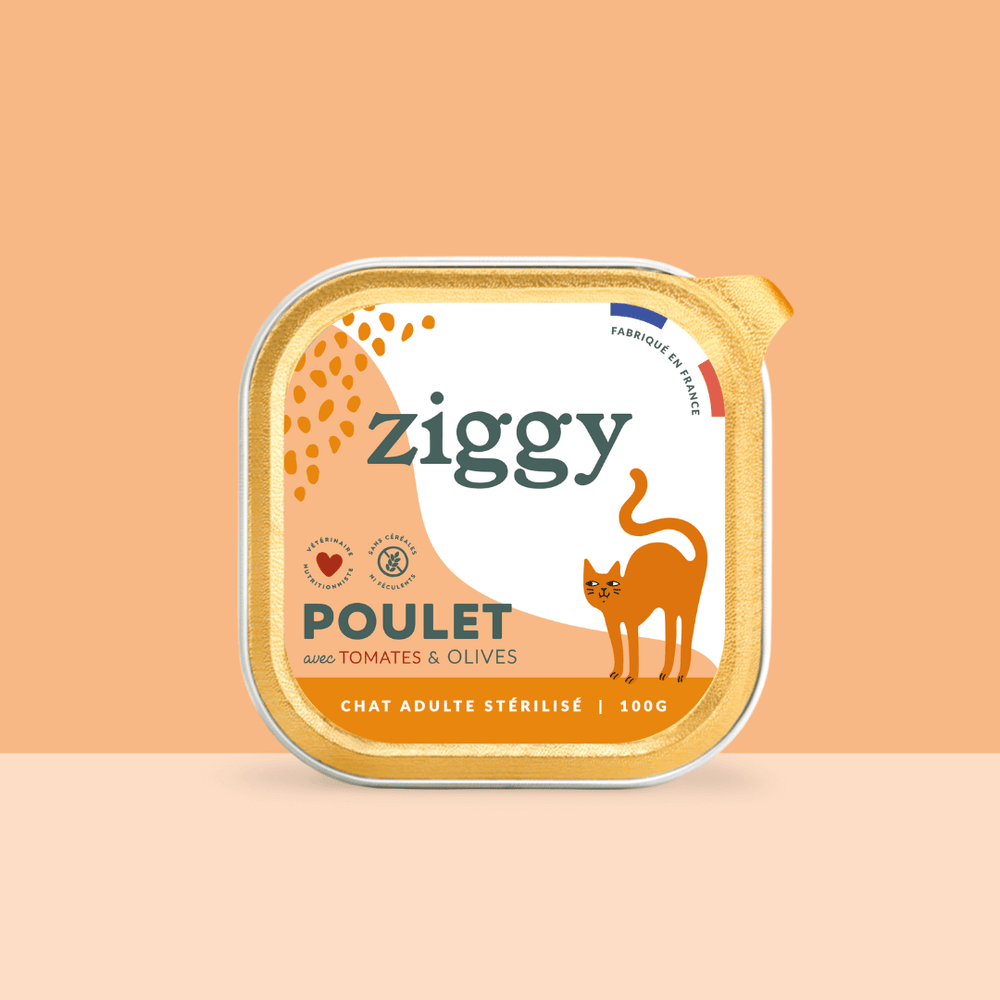
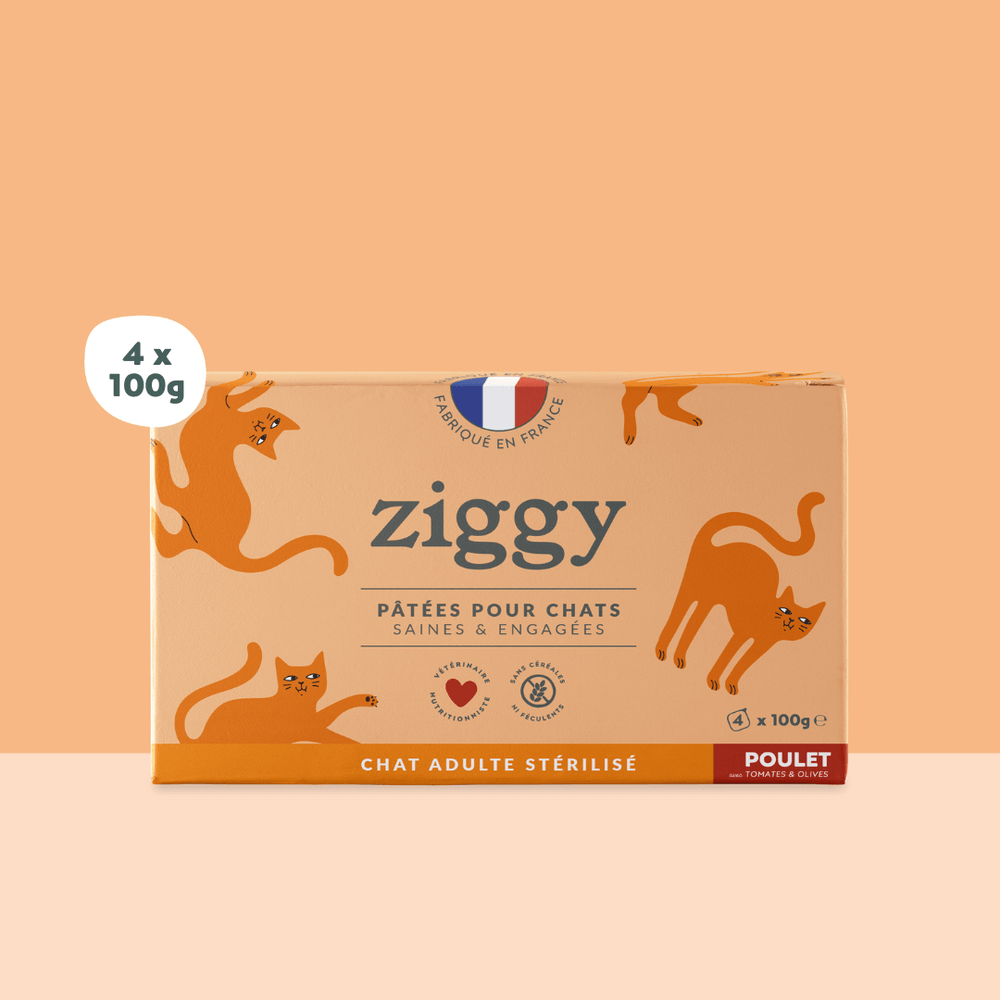
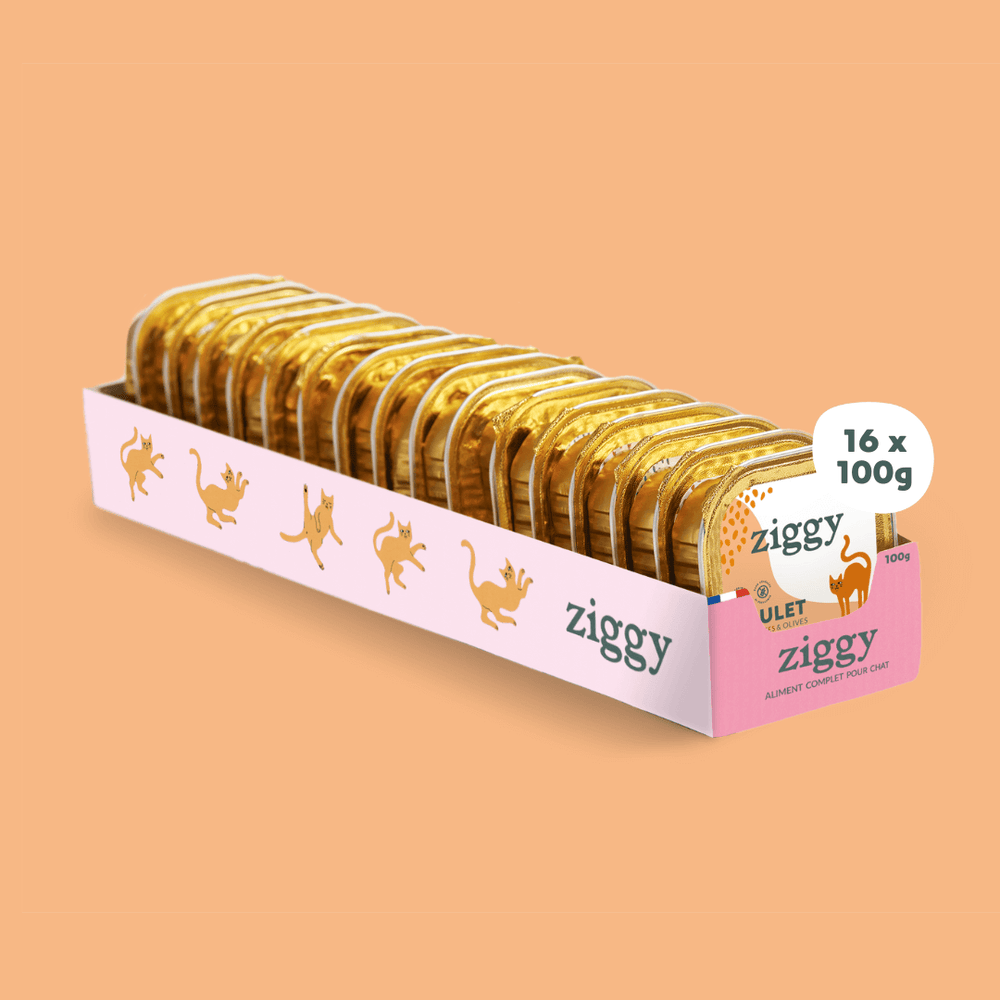
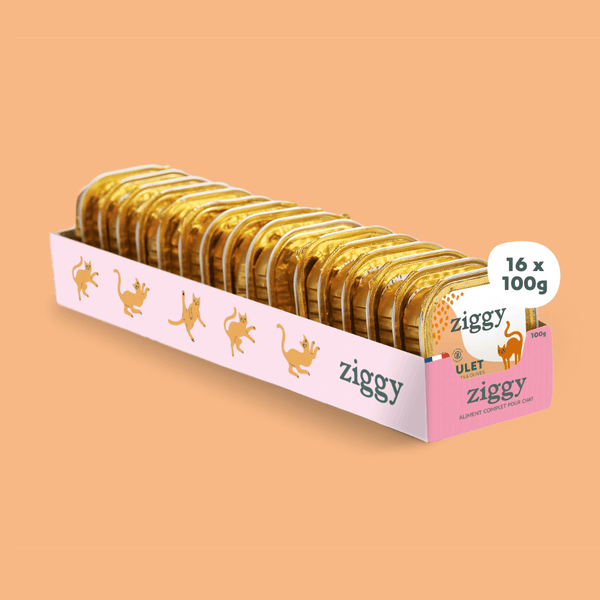
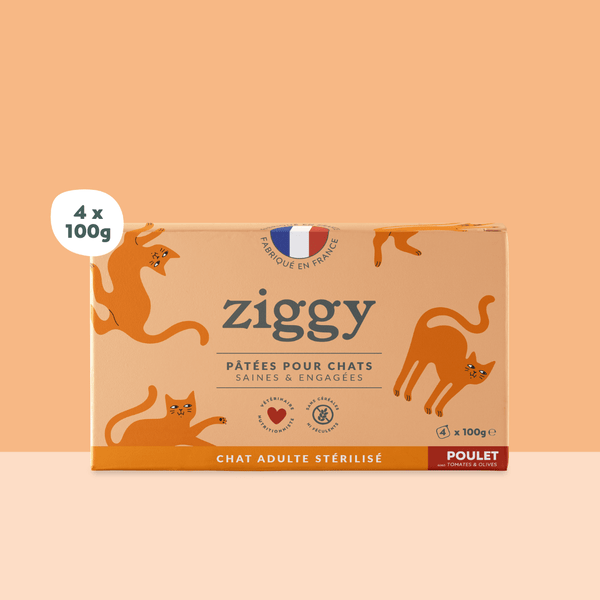


Leave a comment